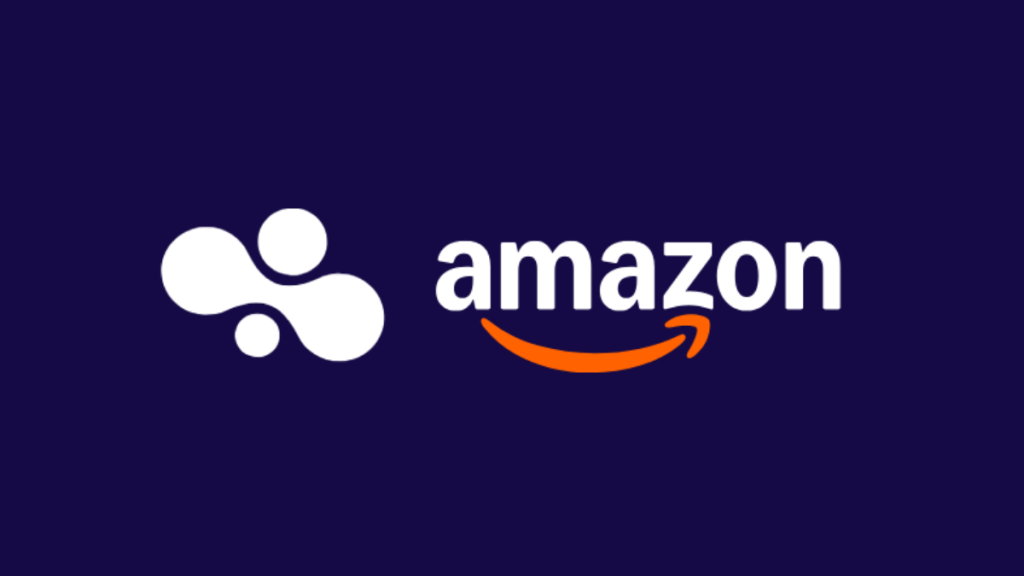Amazon has acquired San Francisco-based AI wearables startup Bee, marking a renewed interest in the personal device category after the tech giant discontinued its Halo fitness trackers last year. The acquisition was first revealed in a LinkedIn post by Bee’s co-founder Maria de Lourdes Zollo and later confirmed by Amazon spokesperson Alexandra Miller.
“When we started Bee, we imagined a world where AI is truly personal, where your life is understood and enhanced by technology that learns with you,” Zollo wrote. “What began as a dream with an incredible team and community now finds a new home at Amazon.”
About Bee
Bee is known for developing a $49.99 wrist-worn AI device that pairs with smartphones to capture and analyse everyday conversations, generating real-time summaries, reminders, and to-do lists. The device resembles a smartwatch in form but is designed as an AI-first productivity tool, with emphasis on context-aware assistance.
The acquisition comes amid Amazon’s broader push into AI infrastructure and consumer-facing applications. Over the past year, the company has rolled out its proprietary Nova large language models, Trainium chips for AI workloads, a new Bedrock platform offering access to third-party models, and a generative AI-powered shopping assistant.
Amazon is also reworking legacy products like Alexa, integrating more advanced AI capabilities into its voice assistant. Separately, its home security subsidiary Ring is exploring the use of generative AI in future hardware updates.
AI in focus
While financial details of the Bee acquisition have not been disclosed, the move is being seen as part of Amazon’s strategic attempt to re-enter the wearables space with a sharper AI focus. The company had exited the category last year after discontinuing Halo, its health-oriented wearable line, citing broader cost-cutting measures.
The acquisition also aligns with a wider industry trend of embedding generative AI into consumer devices. As Big Tech firms race to personalise AI experiences across hardware and software, Amazon’s bet on a low-cost, AI-native wearable could signal a shift in its hardware strategy.

